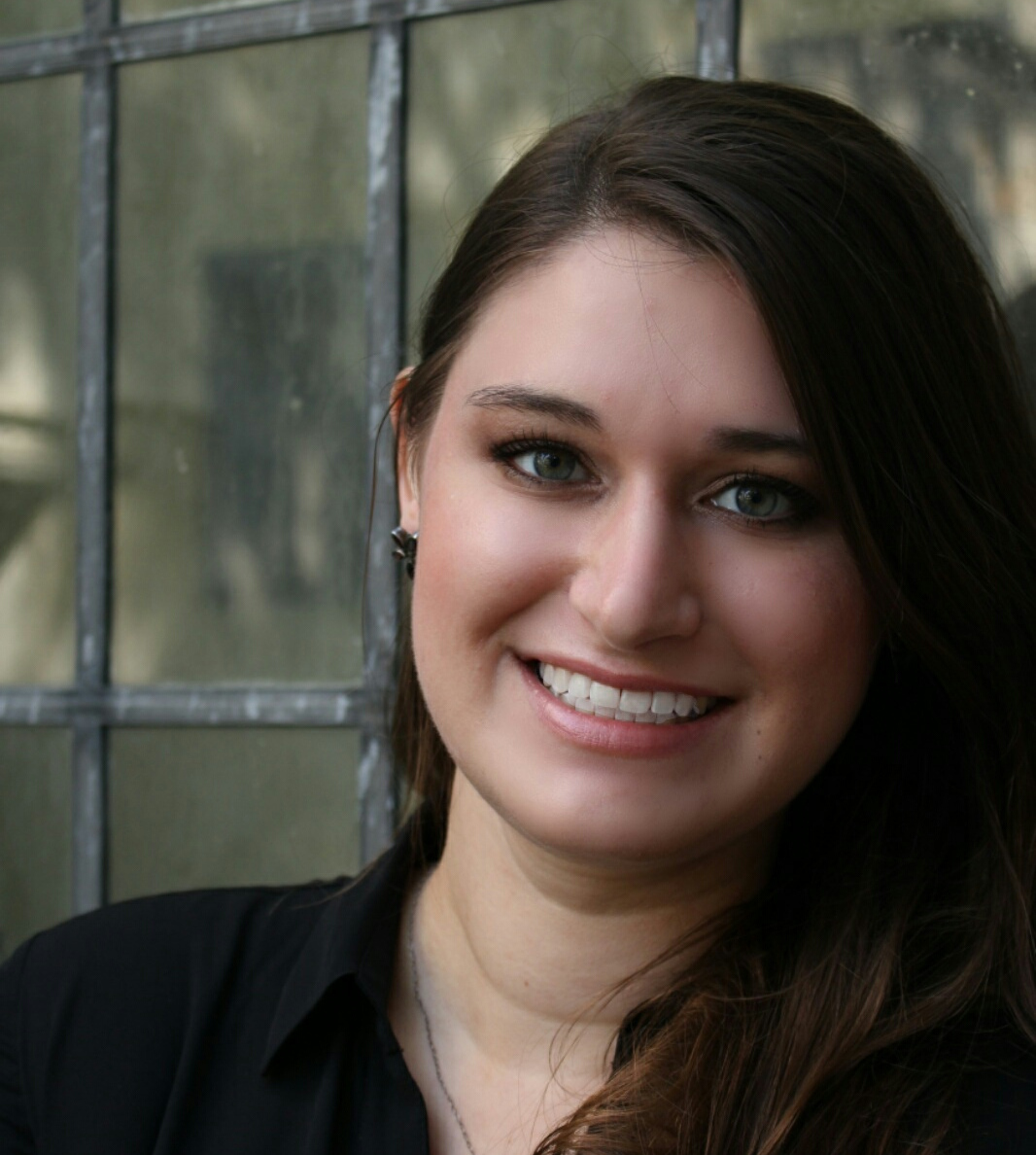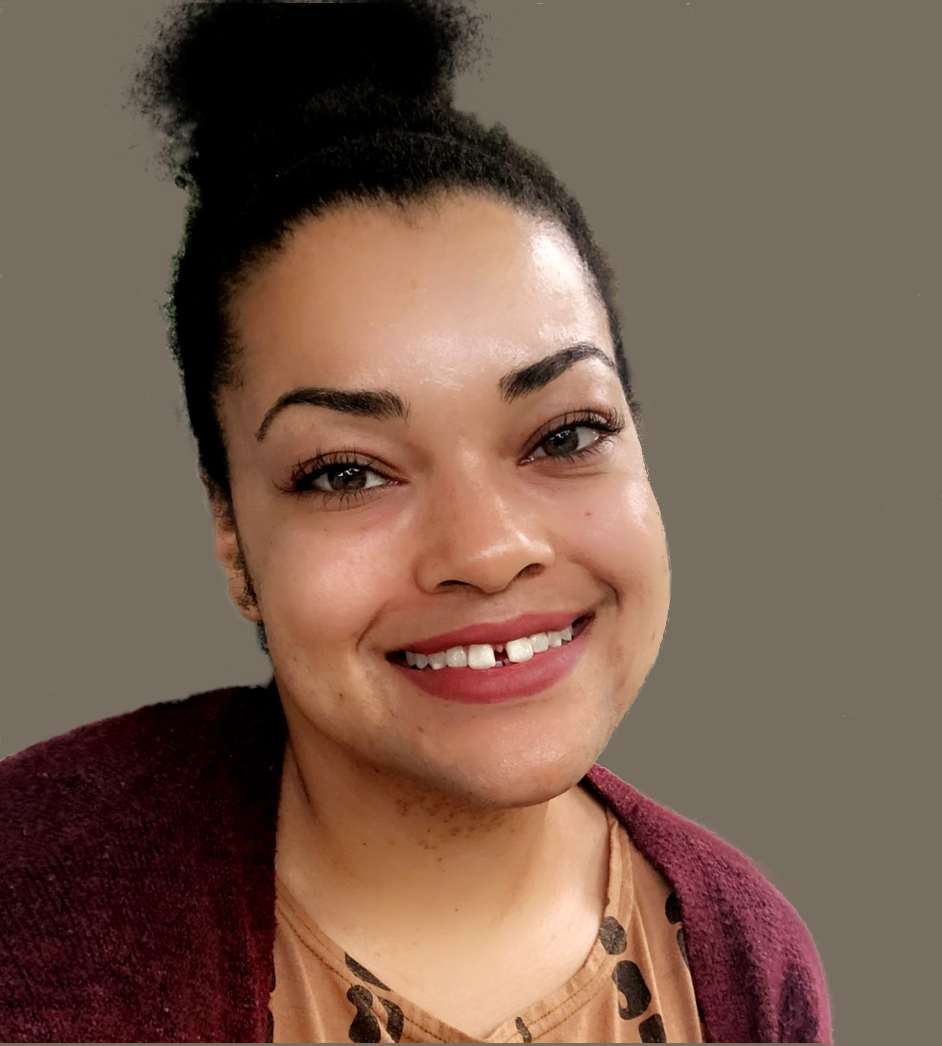July 2021 Newsletter
GROW 2021 Application Open GROW 2017/Photo by Michael Jue
GROW 2017/Photo by Michael Jue
The Graduate Research Opportunities for Women (GROW) 2021 conference will be hosted by the University of Illinois at Chicago October 15-17, 2021. GROW aims to increase the representation of women in U.S. math graduate programs and to encourage undergraduate women to pursue careers in mathematics. It has been held annually since 2015, and has been hosted at Northwestern University (2015-17), at the University of Michigan (2018), at the University of Illinois at Urbana-Champaign (2019), and (virtually) at the University of Chicago (2020). GROW has recently been recognized by the AMS through its
Mathematics Programs that Make a Difference Award.
The conference brings together undergraduates from across the country for plenary research talks, panel discussions on topics such as graduate school admissions, mathematics research, and careers in the mathematical sciences, a conference banquet with a talk by a well-known speaker, and and numerous activities intended to facilitate informal interactions among participants, graduates students, and faculty.
The application for undergraduates interested in attending is now open.
IMSI Seeks Program and Workshop Proposals
IMSI is seeking proposals for long programs for the academic year 2023-24 and for workshops and other activities for the winter of 2023 and beyond. Long programs are intended to bring together interdisciplinary groups of researchers to explore questions related to IMSI's themes. They generally last 3 months and take place during the autumn or spring quarter. Workshops are intended to be interdisciplinary and focused on a societally-relevant topic for which mathematicians and statisticians can partner with other sciences to make important contributions. For all activities, organizing committees are expected to attract a diverse group of participants, where diversity is measured across a number of dimensions, including gender, race, ethnicity, career stage, employment sector, and research area. The deadline for this round of proposals is September 1, 2021.
General expectations for proposals are discussed on IMSI's Proposing Activity web page. If you have an idea for a program or workshop, please contact Kevin Corlette
([email protected]) to initiate a dialogue.
Current and Upcoming Activities
Summer 2021
June 28-July 23:
Introduction to Decision Making and Uncertainty
How do we make decisions in the face of risk? The need to make decisions in the presence of uncertainty cuts across a wide range of issues in science and human behavior. The underlying problems require both sophisticated modeling and advanced mathematical and statistical approaches and techniques.
This program will serve as an introduction to the long program on Decision Making and Uncertainty
scheduled for Spring 2022. It aims to introduce participants to a variety of modeling questions and methods of current interest in this area. The intended audience is researchers interested in mathematical modeling and methods applicable to decision making under uncertainty in economics, finance, business, and other areas. Advanced Ph.D. students, postdocs, and junior faculty are especially encouraged to apply. Basic knowledge in probability, stochastics, and statistics is required.
This program will take place online. Some financial support is available for participants who need it.
August 30-September 3:
Eliciting Structure in Genomics Data:
Bridging the Gap between Theory, Algorithms, Implementations, and Applications
Methods for dimension reduction play a critical role in a wide variety of genomic applications. Indeed, as technology develops, and datasets grow in both size and complexity, the need for effective dimension reduction methods that help visualize and distill the primary structures remains as essential as ever. Examples of the many practical applications in genomics include: (a) understanding (i) the structure of wild populations (particularly endangered species) from population genetic variation, (ii) human evolutionary history, also from population genetic variation, (iii) the 3-D structure of DNA from hi-C data, and (iv) genetic factors that influence risk for different human disease; (b) identifying (i) substructure among cell populations based on single-cell transcription patterns, and (ii) distinctive signatures of somatic mutations distinguishing different cancer subtypes; c) estimating confounding factors and other sources of unwanted variation in gene expression studies; d) segmenting and annotating genomic regions based on chromatin marks and other molecular features.
The development and provision of effective methods for dimension reduction involves connecting a series of areas of expertise: from theory to algorithms, implementations and applications. Theory is required to help decide what methods and algorithms to focus on; algorithms are required that help turn theoretical ideas into practical tools; and implementation of these algorithms is an often-overlooked step, where decisions are sometimes made that can greatly influence results. And all these steps need performing with at least one eye on the details of the practical applications and the data-types to which they will be applied. Unfortunately, there are relatively few opportunities for experts in these different areas to come together and learn from one another. This workshop will address this problem by bringing together mathematicians and computer scientists with a deep understanding of the theory and algorithmic and implementation issues, with applied statistical geneticists who have invaluable experience with both implementing and applying these methods to data, and interpreting the results. The goal will be to start new conversations across disciplinary barriers. The workshop will expose theoretical experts to the many ways that these methods are used in practice and the ongoing challenges that arise; and it will expose those familiar with applications to recent developments on the theoretical side.
Welcome New Staff
IMSI is pleased to announce that we have added three new staff members to the team.
Alexandra Erichson, Program Coordinator
 Alexandra joined IMSI in April 2021 as a Program Coordinator. Previously, she was the Program Coordinator at International House at the University of Chicago. Alexandra received her Bachelor of Science in Anthropology from Michigan State University. She holds a Master of Arts from American University in Public History and a Master of Arts in Middle Eastern Studies from the University of Chicago. Alexandra joined IMSI in April 2021 as a Program Coordinator. Previously, she was the Program Coordinator at International House at the University of Chicago. Alexandra received her Bachelor of Science in Anthropology from Michigan State University. She holds a Master of Arts from American University in Public History and a Master of Arts in Middle Eastern Studies from the University of Chicago.
Blendia Hubbard, Program Coordinator
 Blendia Hubbard was hired March 2021 as a Program Coordinator supporting IMSI. Her professional expertise comes in the form of program coordination and project management, having worked with both academics from undergraduate to professorial along with C-level executives from the corporate sector on the lifecycle of innovative projects and research collaborations. Her academic interests include linguistics, psychiatry and computational science, and her personal interests are in fine arts, communications and literature. She is a graduate of Pomona College in Claremont, CA and a Detroit, MI native. Blendia Hubbard was hired March 2021 as a Program Coordinator supporting IMSI. Her professional expertise comes in the form of program coordination and project management, having worked with both academics from undergraduate to professorial along with C-level executives from the corporate sector on the lifecycle of innovative projects and research collaborations. Her academic interests include linguistics, psychiatry and computational science, and her personal interests are in fine arts, communications and literature. She is a graduate of Pomona College in Claremont, CA and a Detroit, MI native.
Fuad Khaleel, Financial Administrator
 Prior to joining IMSI, Fuad was the Clinical Research Finance Manager within the Biological Sciences Division Office of Clinical Research at the University of Chicago and served as a Senior Grants and Contracts Administrator at the University of Missouri. Fuad received his Master of Arts degree in Economics and Bachelors of Business degree in Finance from Western Illinois University. Prior to joining IMSI, Fuad was the Clinical Research Finance Manager within the Biological Sciences Division Office of Clinical Research at the University of Chicago and served as a Senior Grants and Contracts Administrator at the University of Missouri. Fuad received his Master of Arts degree in Economics and Bachelors of Business degree in Finance from Western Illinois University.
Copyright © 2021. All rights reserved.
IMSI acknowledges support from the National Science Foundation
(Grant No. DMS-1929348)
Institute for Mathematical and Statistical Innovation
1155 E. 60th Street, Chicago, IL 60637
|